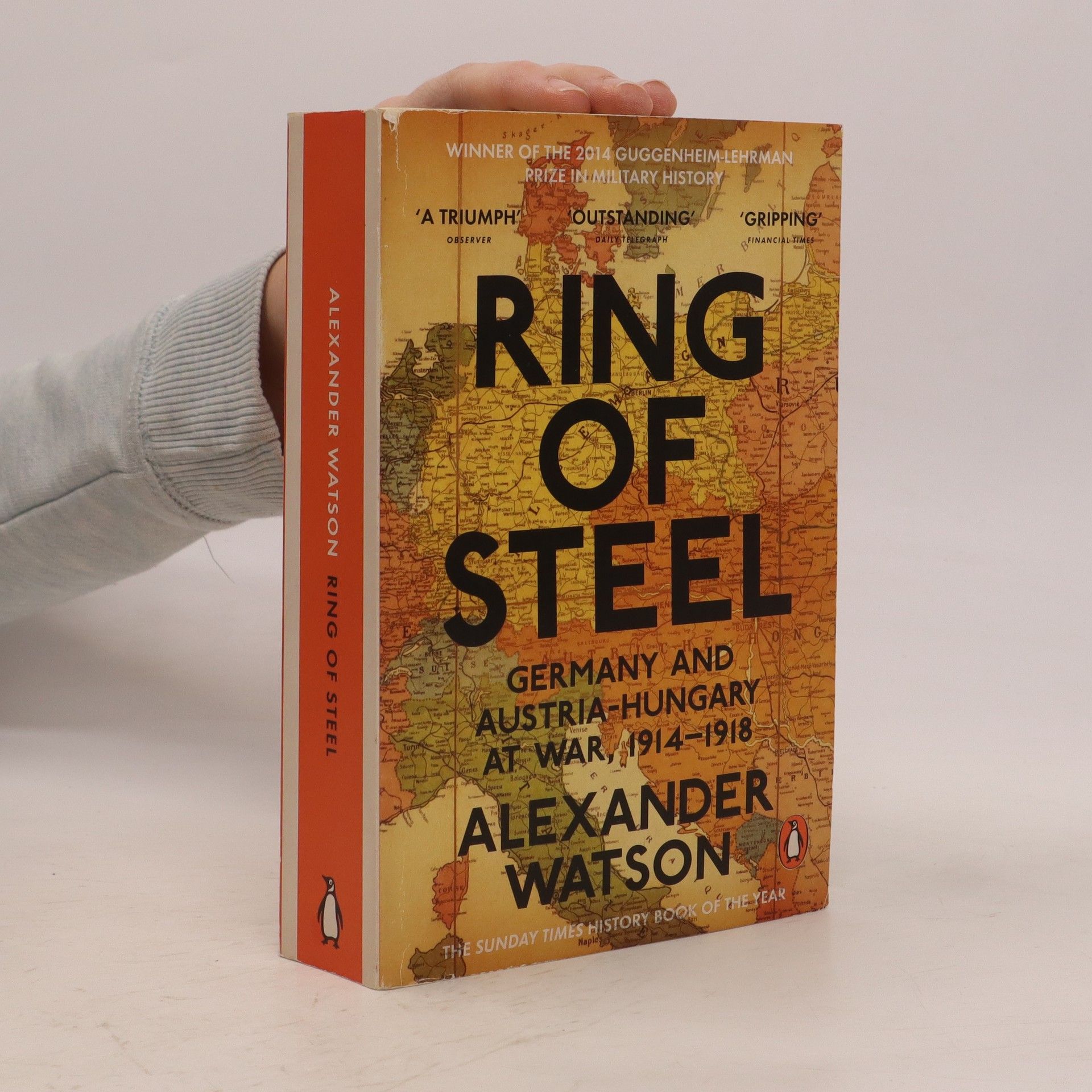Twierdza Oblężenie Przemyśla i korzenie skrwawionych ziem Europy
- 416 stránok
- 15 hodin čítania
Doskonale udokumentowana i barwnie napisana, zasługuje na miejsce wśród klasyki historii militarnej. Książka roku „BBC History Magazine” i „Financial Times”, uhonorowana Distinguished Book Award 2021 przez Society for Military History, nominowana do Gilder Lehrman Prize for Military History i The British Army Military Book of the Year. We wrześniu 1914 roku, zaledwie miesiąc po wybuchu pierwszej wojny światowej, armia rosyjska rozpoczęła oblężenie Przemyśla, przekształcając wieloetniczne miasto w twierdzę, kluczowy bastion broniący monarchii habsburskiej. Przez sześć miesięcy, odpierając szturmy i zmagając się z głodem, wielonarodowa załoga stawiała zacięty opór, uniemożliwiając Rosjanom szybkie zwycięstwo. Miasto padło w marcu 1915 roku, co zapoczątkowało okupację i brutalne prześladowania, w tym pierwszą antysemicką czystkę w Europie Środkowo-Wschodniej. Alexander Watson przedstawia najdłuższe oblężenie Wielkiej Wojny, ukazując jego tragiczne konsekwencje i zapowiadając wojnę totalną w Europie. Książka to nie tylko opis oblężenia, ale także analiza chaosu i niebezpieczeństw w monarchii austro-węgierskiej w jej schyłkowym okresie. To świetnie napisana lektura dla każdego, kto pragnie zrozumieć mroczną stronę dwudziestowiecznej Europy.


